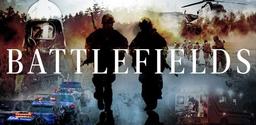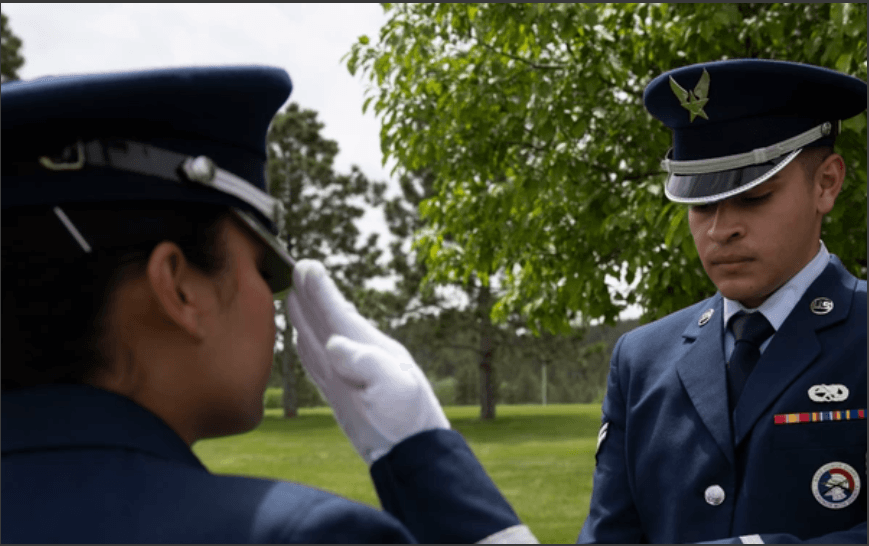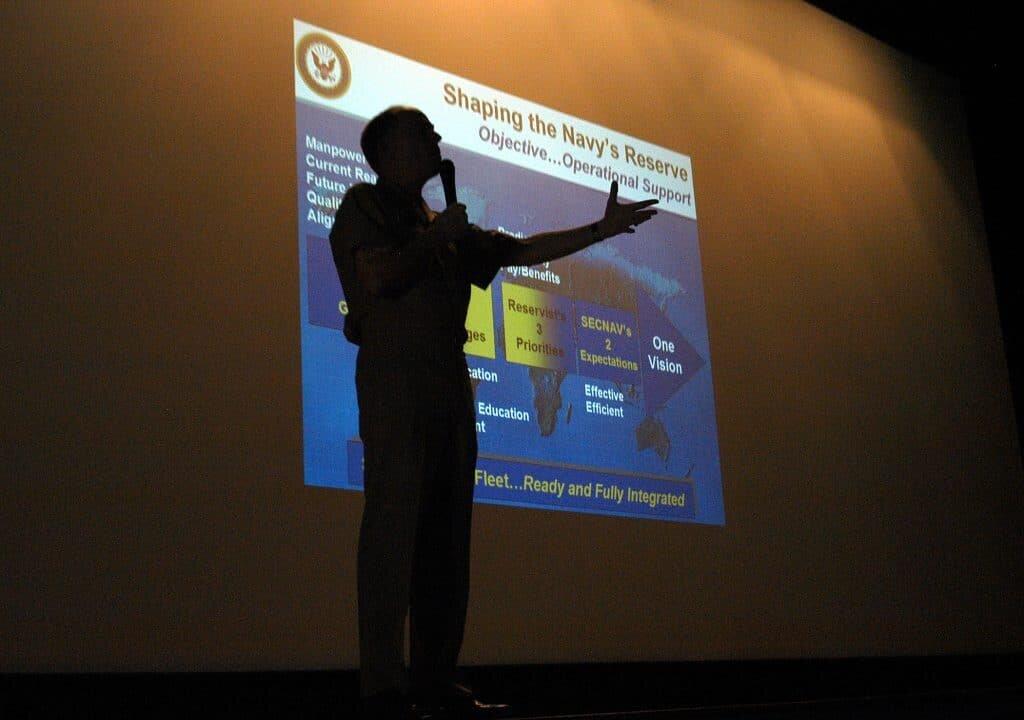Commentary
Earlier today I was watching videos from an Army officer who posts under the name “MandatoryFunDay” and he’s hilarious. He also has great insights and tells it like it is with the military. In one of the videos, he mentions how he has been called a traitor for going commissioned from the enlisted ranks. I’m sure that most of the slams are just good-natured, but there are probably a few that have a vein of truth feeding the sentiment. I will say that if he walks the talk from his videos, then he’s probably a pretty good officer. I commented on his post, noting that in my experience, officers who came from the enlisted ranks were usually better officers than those coming in straight from college or the service academies. As is normal for me, this caused my mind to start perusing questions regarding officers and the force structure.





